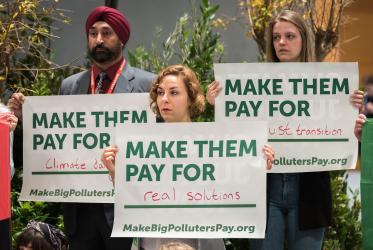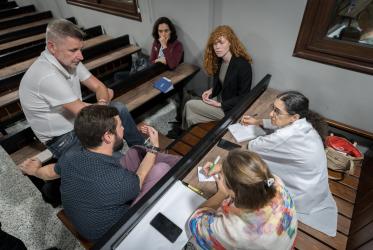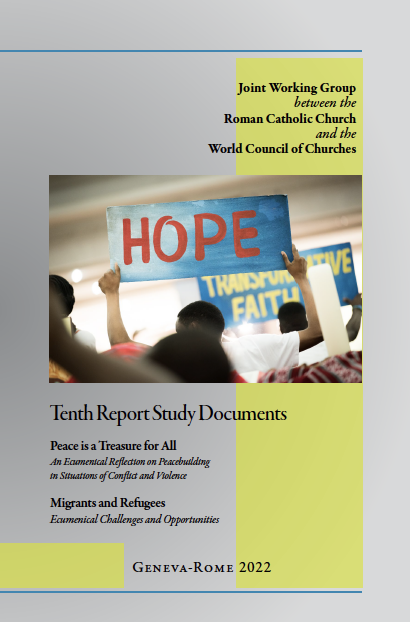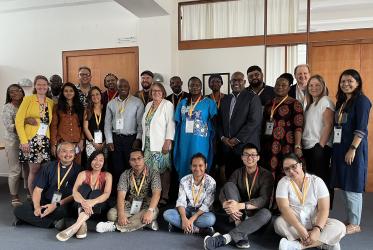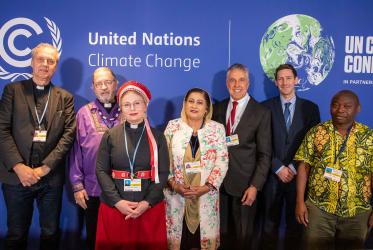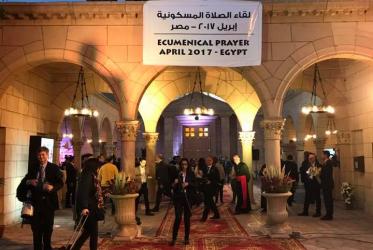Displaying 1 - 20 of 43
Tenth Report Study Documents
19 August 2022
GEM School grounds economic justice biblically
06 July 2022
Rethinking Ecological Relationships in the Anthropocene era
11 - 13 February 2021
Roman Catholic-WCC group focuses on peace-building, migration
19 September 2017
G20 summit: call to pray for peace in Hamburg
07 July 2017
What does ‘prudence’ mean for dialogue and peace-building?
16 November 2016
